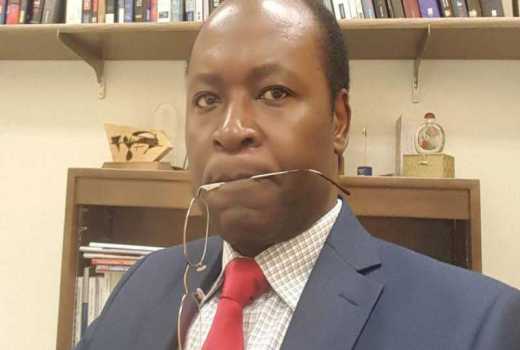
The World Bank has welcomed Kenya’s devolution as among the most ambitious in the world. That said, implementation of the model will benefit substantially if counties had their own enforcement departments staffed with officers answerable to the county governments.
The new Constitution did not devolve the police but retained it at the national government. The Constitution decrees that Governors shall be the chief executives of their respective counties. Yet, Governors have no control over policing in their counties. The Constitution also confers legislative authority over counties through County Assemblies. But what is the point of having the power to make laws without the power to enforce them?